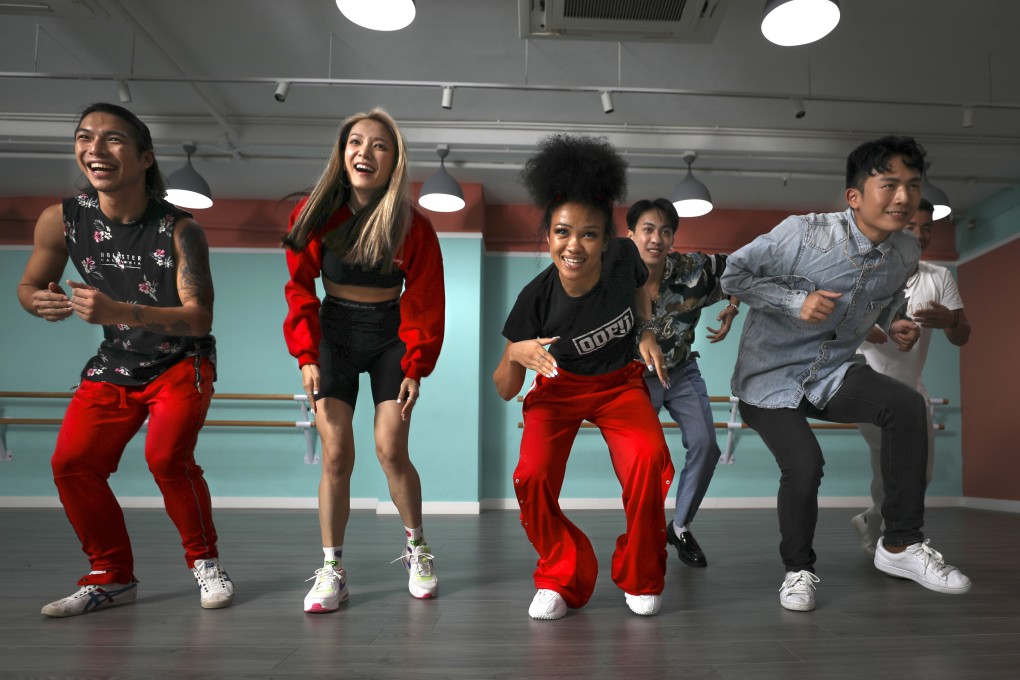TVB dance show winner Anisha Thai on her black and Asian heritage, the power of social media and Hong Kong’s energy and openness to African culture
- Anisha Thai has been dancing since she was five, and she’s been passing on her passion for African dance to eager Hongkongers, and to the world via Instagram
- After being a coach on French reality TV show Les Anges, she won TVB contest show Dance for Life. Now Thai has quit her job as an engineer to dance full time

Anisha Thai is as unwilling to stand still in her career as she is in her dance performances.
A recent winner of Hong Kong broadcaster TVB’s competition show Dance for Life, she is a dance teacher, a social media influencer with a growing following for her Afrodance videos, a model and, as if all that weren’t enough, a civil engineer by day. She’s on a mission to increase the representation of her culture not just in Hong Kong but around the world.
Her medium for accomplishing that is dance, something she’s loved all her life. She took ballet classes as a child at her mother’s insistence, then focused on hip-hop dance before finally settling on Afrodance in recent years.
“I’ve been dancing since I was five years old,” she says. “My mum always danced with me, there was always music on in our apartment – I’m sure there was music on when I was in her belly.”

Born to a father from Vietnam and a mother from the island nation of Comoros, off the east coast of Africa, Thai was born and raised in Paris. She has lived in South Africa, where she studied for a master’s degree, and Britain, where she was an engineering intern. Another internship brought her to Hong Kong for six months in 2016 and 2017; she worked as a site engineer running a construction project in Fanling, in the New Territories, where she was the youngest person, the only woman and the only non-local.
“It was a big responsibility when you’re only 22 years old,” she says. “I’ve always been interested in male-dominated fields, where as a woman you have to prove yourself.”